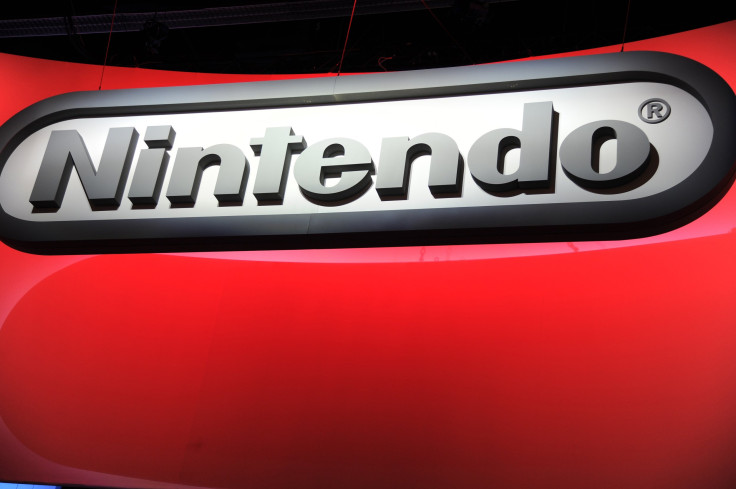New Nintendo NX Rumors Could Mean A Region Free Future For Fans

The picture of what the upcoming Nintendo NX is starting to come into focus if the latest reports are to be believed.
Recent reports state that the NX will not have region locks on the console. According to Let’s Play Video Games, two separate sources claim the NX development kits are region-free and that software developers have not been told about region locks being added.
This is amazing news for Nintendo fans who have for years suffered from territorial restrictions on their video games and hardware. While Sony and Microsoft lifted region locks from their consoles, Nintendo began this policy with the Wii and Nintendo 3DS and it has continued to the present day consoles.
So essentially, if a Nintendo 3DS game was released in Japan you could not import the game if your 3DS was not from Japan. Players would have to wait months if not years for the game to be localized for their territory.
The upcoming Pokémon Sun and Moon release dates are a perfect example of this. On Nov. 18, arguably the most anticipated Nintendo title of 2016 will release … but only in North America, Japan and Australia. Other territories, like the entire continent of Europe, have to wait five whole days to visit the Alola Region.
So why does Nintendo do this? The company’s motives are always kept secret but they claim it’s because of the territorial and cultural differences that face the company when they are creating games.
In a 2013 interview with IGN, former Nintendo president Satoru Iwata spoke on the matter.
"From some people's perspective, it might seem like a kind of restriction. However, we hope people can appreciate the fact that we're selling our products worldwide," Iwata said at the time.
"There are many different regions around the world, and each region has its own cultural acceptance and legal restrictions, as well as different age ratings. There are always things that we're required to do in each different region, which may go counter to the idea that players around the world want the freedom to play whatever they want."
Although the audience that grew up with Nintendo is well into adulthood, Nintendo still sees itself as a family company that looks to reach out to the general public and not necessarily to the harcore gamers as Sony and Microsoft.
And it’s present in the localization of its games. What is deemed culturally acceptable in, say, Japan is not necessarily the case in North America or Europe. That is why Nintendo implements region locks, so it can better monitor how the market receives its games.
There has been controversy over the subject matter in its titles that were changed when they were localized and controversy over how Nintendo “censors” its games but Nintendo has always tried to reach the largest audience in each territory possible.
But in a time where the Wii U was a “failure” for Nintendo and how the company is treating the NX with so much care, taking away region locks and giving the market what it wants may be what’s best for business.
In 2015, a few months before his untimely death, Iwata spoke to his investors on the future of the company and it seemed his stance on region locks softened. While he still believed removing them will lead to a lot of problems, he was optimistic that the upcoming Nintendo NX could be different.
"Regarding NX, given the customer feedback and proposals from the market, while nothing has been decided yet, we're currently investigating internally what problems there would be in realizing it," Iwata said. "You can think of that as the current situation. I understand your desire, so I'd like to look at it optimistically going forward."
Removing region locks is a no-brainer. While it’s commendable that Nintendo is trying to make its games acceptable according to each territory’s laws, they can still do so without limiting how gamers play.
If the removal of the region lock for the Nintendo NX is true, it shows the company’s willingness to change and could bring Nintendo back to prominence.
© Copyright IBTimes 2024. All rights reserved.











